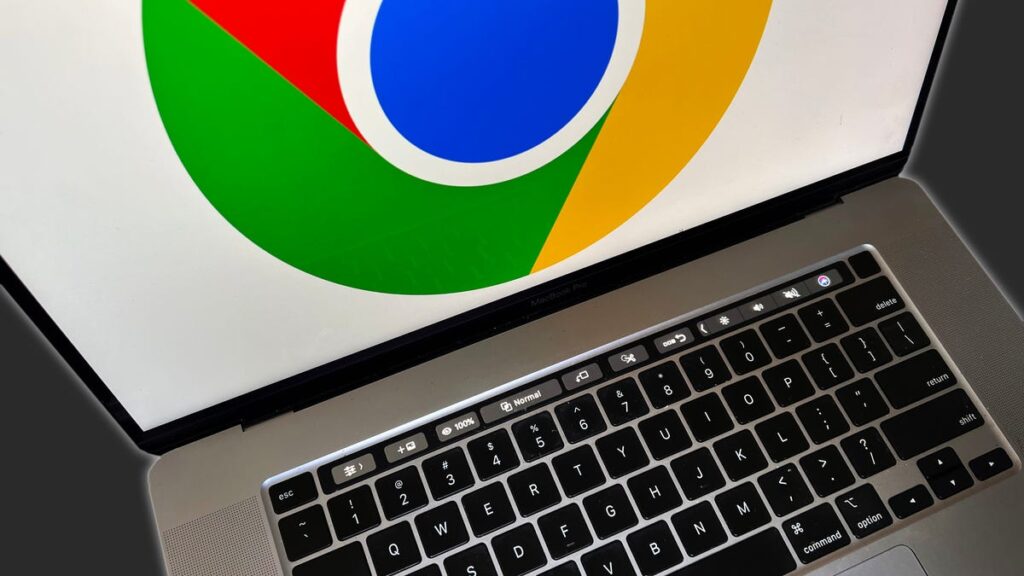Google doesn’t have to sell its wildly popular Chrome web browser, but it can’t engage in exclusive search deals, US District Judge Amit Mehta ruled on Tuesday. Google must share limited search data and user-interaction data with “qualified competitors,” but the company doesn’t have to share its most valuable ads data.
This remedy is a long-awaited moment after a landmark 2020 antitrust case against Google from the Department of Justice, in which a federal court ruled the internet giant was illegally maintaining a dominance in online search. It did so by inking expensive contracts with companies like Apple, Mozilla and Samsung that made Google the default search platform on various services and devices.
The Justice Department argued that a potential remedy to the case would require Google to sell off its Chrome web browser, which currently maintains 69% global market share, according to GlobalStats. Chrome gives Google valuable user data that it uses to improve search and better focus online advertising.
“Google will not be required to divest Chrome; nor will the court include a contingent divestiture of the Android operating system in the final judgment,” according to the ruling. “Plaintiffs overreached in seeking forced divesture of these key assets, which Google did not use to effect any illegal restraints.”
Additionally, Google can’t make exclusive contracts for Search, Chrome, Google Assistant or Gemini but the company can still pay to have apps pre-loaded. In regards to Android, Google doesn’t have to divest its mobile operating system either. The ruling said, “plaintiffs overreached in seeking forced divesture of these key assets.”
“The Court has imposed limits on how we distribute Google services, and will require us to share Search data with rivals. We have concerns about how these requirements will impact our users and their privacy, and we’re reviewing the decision closely,” Lee-Anne Mulholland, Google’s vice president of regulatory affairs, said in a blog post. “The Court did recognize that divesting Chrome and Android would have gone beyond the case’s focus on search distribution, and would have harmed consumers and our partners.”
Mulholland also maintained Google’s argument that, thanks to the advent of AI, competition remains strong in the online information space. Granted, former Googler’s say that Google’s late start to the AI race had more to do with it not wanting to usurp its core money-making product, Search (along with safety concerns), despite the company being the maker of the key transformer technology powering the AI revolution.
The ruling is a reprieve for Google as it was facing a major restructuring of its core business model. Google makes a majority of its revenue from online search and advertising. Because Google Search is the world’s most popular search engine and Chrome, the world’s most popular web browser, it gives the search giant troves of user data and behavior, which it sells advertising against. Google also owns YouTube and Android, both of which have billions of users worldwide. Despite the increasing popularity of AI chabots like ChatGPT, which has 700 million weekly users, Google Search is still 373 times bigger. Last year, Google Search saw a 20% increase in search queries. At the moment, Google maintains a near 90% dominance in the online search market, according to GlobalStats.
Google has also been ruled to be maintaining a monopoly in online ad sales earlier this year, although that’s a separate case. Google currently controls the world’s largest online ads auction platform. This ruling forces Google to “publicly disclose material changes to promote greater transparency” in ad auctions to prevent it from secretly manipulating them in its favor.
Interestingly, the ruling excludes Google from giving publishers more choice in how Google uses their content. Google uses the corpus of published content online to not only train its Gemini AI model but also to feed automatic results into AI Overviews, the AI-generated results that increasingly appear at the top of Search. Publishers have been arguing that AI Overviews are eating into their search traffic, an assertion Google continually denies.
Don’t miss any of our unbiased tech content and lab-based reviews. Add CNET as a preferred Google source.
Read the full article here


